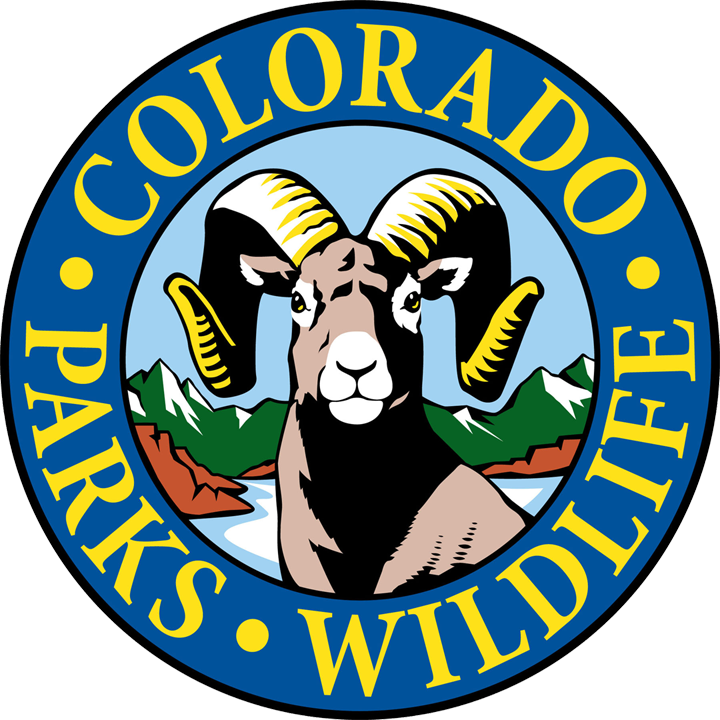Colorado Parks and Wildlife tries again for hunting license fee increases

MONTE VISTA — Efforts last year to mitigate Colorado Parks and Wildlife’s financial issues failed last year when a bill died in committee with a 3-2 vote and didn’t reach the State Senate floor. On Monday CPW requested feedback on the same preliminary proposals from before, such as increasing hunting license fees, along with new ideas for another attempt to assist their budget.
CPW is managed as an enterprise agency, which means it does not receive any general sales tax dollars from Colorado taxpayers. The majority of the agency’s revenue comes from parks users and from the sale of hunting and fishing licenses. The agency also receives grants from Great Outdoors Colorado and federal excise taxes levied on the sale of hunting and fishing equipment.
The license fees, however, haven’t been increased since 2005. This has created morale issues due to low pay. Around that same time the agency went to salary increases based on performance instead of a 5 percent yearly raise for five years before a sixth raise five years later.
“I remember being a young guy getting my fifth year raise and thought ‘man, I may not have to wait five years to get my last one if I bust my butt and do what I need to do’,” said Rick Basagoitia, area wildlife manager for the San Luis Valley. “Thirteen years later I’m still sitting at the exact same spot because the legislature never funded it. It sounds good on paper, but the issue is it has to be funded.”
Resources are spread thin as CPW oversees 41 state parks, 960 wildlife species, 80 game species and 90 million sportsfish. The San Luis Valley has 27 named properties and roughly 30 parcels of land managed by CPW. Though the agencies are merged, CPW has separate budgets for the wildlife and park side and funds can’t intermingle at all. If nothing changes CPW estimates a budget deficit of $28 million every year by 2023.
The budget impacts daily decisions since Basagoitia has to carefully monitor vehicle mileage and fuel.
“I have eight guys to cover this entire country,” Basagoitia said. “On average that’s between 800 to 1,200 square miles per guy. I can’t send someone to spend 12-16 hours out there to do what they need to be able to do if I can’t insure that they have the tools they need to get there and be able to get back safely.
“You know what that country is like out there. What does it do to a truck over time? It beats the snot out of it.”
Another major cost is paying for helicopter flights to scan the wilderness. The flights cost about $1,000 an hour. “If we want to fly over [game management units] 80 and 81 properly, we need to spend 8-12 hours flying that country. We’re probably flying around six. You start to impact the data you can get.”
To alleviate the issues CPW is proposing that resident hunting fees be tied to the Consumer Price Index and adjust automatically with inflation. No license would increase more than $5 in a single year. Currently a resident elk-hunting license is $45 and an annual fishing license is $25.
CPW is also thinking of increasing non-resident fishing licenses from $56 to $100, waterfowl stamps from $5 to $10 and the wildlife council surcharge from 75 cents to $1.50. The agency would also like to have an application fee to recoup processing costs of applications and to charge a minimal price for senior fishing. Fishing is currently free if someone is 65 or older.
Meeting attendees mentioned that the fees should also be increased based on the quality of the game so that it costs more to get a larger trophy. Tim Armstrong, a biology professor at Adams State University, raised the idea of taxing non-consumptive goods such as various gear and equipment for bird watching. Binoculars are already taxed under the Pittman-Robertson Act, but Armstrong thinks more could be done.
“These people have thousands of dollars worth of optics and camera equipment,” Armstrong said, “and even things like birdfeed or birdseed could be taxed. Non-consumptive use is growing much more rapidly than typical consumptive use.”
CPW must first get permission from the governor’s office before submitting a bill, yet according to CPW Public Information Officer Joe Lewandowski discussions with the office have yet to begin and a bill isn’t written.
Visit http://cpw.state.co.us/aboutus/Pages/Future-Conservation-Recreation.aspx to view the presentation and then go to https://www.research.net/r/CPW-Future to provide CPW with input.



